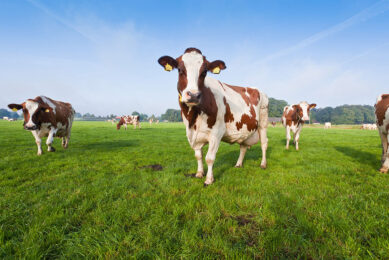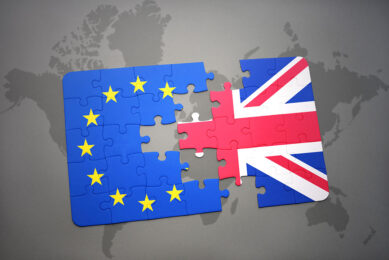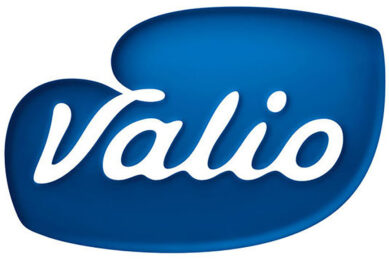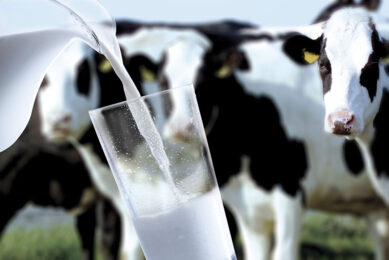No deal Brexit: No option for UK farmers
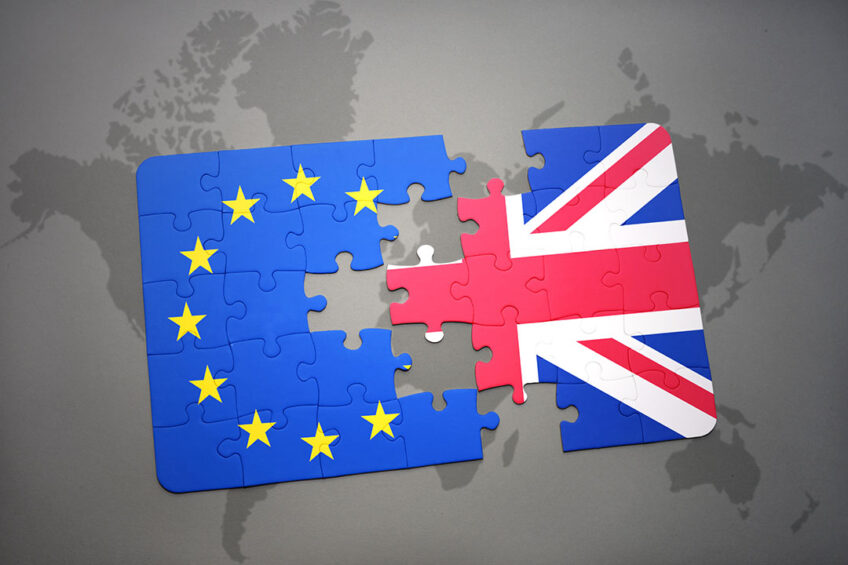
The National Farmers Union president Minette Batters has warned about the consequences for the UK farming industry should there be no deal to exit the EU. Dairy Global caught up with her.
UK politicians overwhelmingly rejected UK Prime Minister Theresa May’s EU withdrawal agreement in the House of Commons on Tuesday evening by 432 votes to 202. This now means Mrs May will have to return to Brussels to try and reshape the agreement, if possible, to get it through Parliament. The Prime Minister survived another battle on Wednesday when Parliament voted against a motion of no confidence against the government introduced by the opposing Labour Party.

Immediate reliance on overseas imports
There lies a deep threat that the UK could leave the EU on March 29 without a deal, but that is a scenario both the UK government and the EU want to avoid.
The National Farmers Union president Minette Batters has warned about the consequences for the UK farming industry should there be no deal to exit.
Mrs Batters said: “There has never been a more important time to talk about home grown food. I want to broaden the conversations around food. It is more affordable, diverse, traceable and available than ever before, but around the world the landscape for food is changing and we face significant challenges in sustaining ourselves in the future. “For example, a no deal Brexit could lead to an immediate reliance on overseas imports, produced to lower standards, while many UK farms struggle to survive. Farmers want clarity on what the future trading relationship with Europe will be. We have argued for free and frictionless trade with the EU to continue, with no tariffs or non-tariff barriers,” she said.
Effect on cheddar cheese
However, the EU has already confirmed that in the event of no deal, it will apply its existing tariffs to imports coming from the UK. WTO rules mean it could do no less. A list of all of the tariffs the EU would apply to the UK is set out in the EU’s Common Customs Tariff (CCT) schedule. Using cheddar as an example; in 2017 the UK exported 364,024 tonnes of cheddar to the EU tariff free. In the event of no deal the UK would face EU MFN tariffs on our exports and the EU WTO MFN tariff on cheddar is € 1,671 (US$ 1,907) per tonne. This tariff would cost UK cheese producers the equivalent of 14 pence (US$ 0.18) per litre. The president added: “Our focus will also be to continue to engage with MPs to ensure the new Agriculture Bill delivers for British farmers. It’s vital that it establishes a framework that supports farmers as food producers and custodians of the countryside. We wish to see government use the provisions available within the Bill to deliver regulated contract terms for dairy farmers. This would help rebalance the risk within the supply chain and place dairy farmers in a strong position to develop professional sustainable relationships with their buyers to be commercially focused, innovative and competitive. British dairy farmers deliver high-quality, traceable and affordable products that the British public expect and support. Whatever happens, Brexit or no Brexit, deal or no deal, we have 66 million mouths to feed and British dairy farmers will continue doing what they do best, producing safe, traceable and affordable food for the nation.”

Increasing tariffs
Both farmers and consumers in the UK could be severely affected by a no deal exit according to the UK Farming Roundtable, which consists of organisations representing farmers and growers from all agricultural sectors across the UK.
They say EU legislation could effectively result in a trade embargo on the export of UK animal based products such as meat, eggs and dairy to the EU. These products can only be imported by the EU from approved countries, and it could take months for such status to be granted to the UK. The lamb industry would be particularly impacted. In 2017, 31% domestic sheep meat production, the equivalent of 4.5 million sheep, was exported and 94% was destined for the EU. The UK government could avoid charging tariffs on imports to prevent a rise in food prices, which could have a negative impact on domestic food production and consumer choice, as well as an increase in imports of products produced to lower standards.
Export tariffs could be imposed on the 60% of UK food, feed and drink that go to the EU, increasing export tariffs to an average of 27% on chicken, 46% on lamb, 65% on beef, and range from € 172 (US$ 196) to € 1,494 (US$ 1,705) per tonne in pork. It is likely that trade barriers will go up between the UK and EU which could limit the availability of many farm inputs such as veterinary medicines, fertilisers, plant protection products, machinery parts and animal feed. Furthermore, as the EU will no longer recognise UK organic certification bodies, exports of organic products to the EU would be severely curtailed. The sudden end of labour mobility from the EU would cause serious problems when it comes to securing the necessary labour to harvest and process UK produce, as well as in related roles such as carrying out veterinary inspections.
A no-deal Brexit must be avoided at all costs
Mrs Batters added: “Agriculture is the bedrock of the UK’s largest manufacturing industry, food and drink, which is worth £113 billion (US$ 145 billion) to the UK economy. “Volatile farm gate prices and interrupted supplies would put not only the 500,000 farming jobs at risk, but also the many firms that supply these farm and land management businesses. Our organisations remain committed to playing their part in managing Brexit in the best interests of both farmers and the UK public in the years ahead, but we believe that leaving without a deal on March 29 will lead, very quickly, to a struggling farming sector. A no-deal Brexit must be avoided at all costs,” she insisted.



